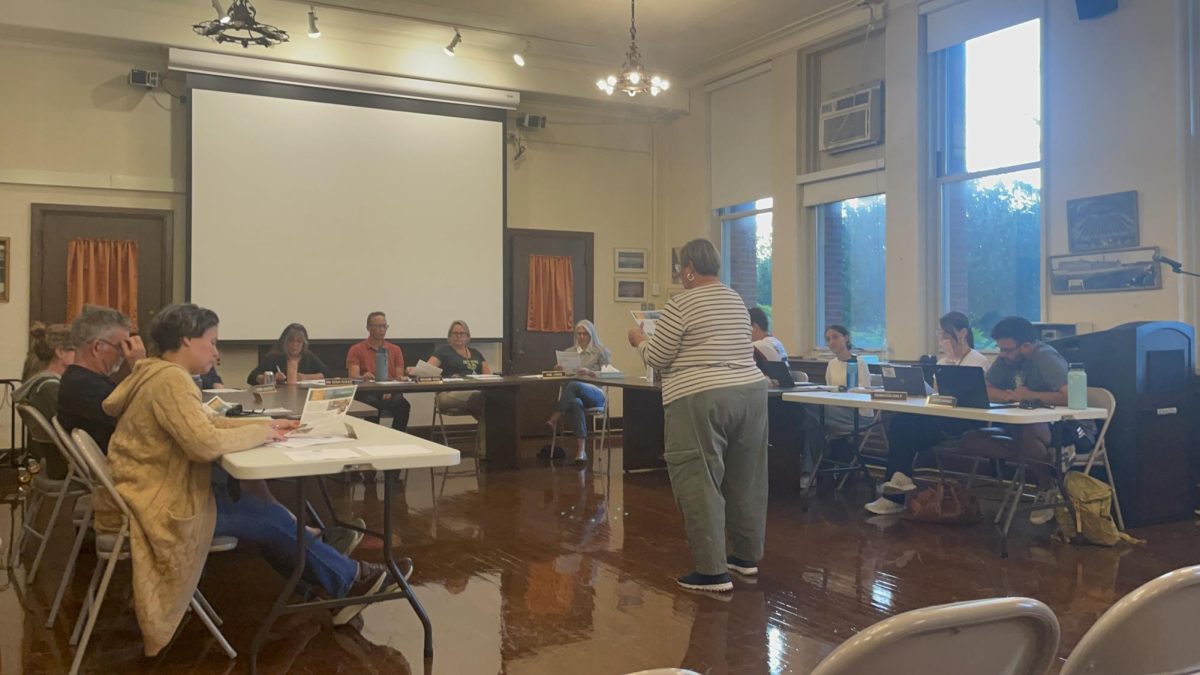The SAT is taken every year by CPS students in the spring and helps decide a student’s post-secondary plans. However, this year students will take a different test to aid in those plans.
In May, the state of Illinois decided to move away from the SAT and take the ACT according to the Illinois state official website. This caused CPS to adapt the change and have future students take the ACT instead of the SAT. This switch came after many rising juniors had already started test preparations for the SAT. The tests have two completely different formats with the SAT only having 2 different subjects, while the ACT goes over 3 subjects. The subjects included in the ACT being English, Math, and a Science section.
Junior Nico Concepcion expressed his opinion on the switch to the ACT after years of prepping for the SAT.
“I thought the ACT was going to be better because I’m stronger in reading than math, but now I’m wavering,” Concepcion said. Concepcion after learning about the format of the test expressed worry with the limited amount of time per question.
“I feel like it’ll probably be more stressful,” Concepcion said. “If people can’t answer a question in a minute, they might not get to it at all.”
Lena Wiercigroch, also a junior, expressed a sense of frustration at the seemingly abrupt switch.
“We were taught how to prepare for the SAT, and now that I’m a junior, they’re switching to the ACT,” Wiercigroch said. “I don’t think it’s fair.” Wiercigroch said she felt ill-prepared for the ACT and pointed out the switch could negatively affect individuals without proper access to test preparation outside of school.
Junior students are already put under pressure as it is the most important year before the college application process. With the heavy burden of college preparation, students have opted for outside tutoring for standardized tests to ensure high scores on standardized tests. Echoing Wiercigroch’s previous statement of how access can change a students outlook on standardized tests and what tools and strategies they can use to better prepare themselves.
Junior Gus Silberg is one of those students who opted to take outside testing to better prepare himself for the real thing. Silberg said he feels confident in his own abilities but worries about others taking the test in the future.
“I feel like the ACT is a more rigorous test,” Silberg said. “The ACT may be the first time some people actually do a full-length ACT test, which could leave them unprepared.”
According to Silberg, access is a major part of taking standardized tests and whether or not you have tools to ensure you obtain a high score. Silberg also highlights that students who have opportunities to retake tests are also at an advantage because they have the means to be able to pay for another test or obtain additional tutoring.
“Some people might have to travel across state lines just to take the ACT, and that’s not accessible for most,” Wiercigroch said.
Unlike the SAT, the ACT has a science section. This has created some confusion among students about how to prepare for this section.
Chemistry teacher Leah Roskin said some teachers have had conversations about how to help with the transition, but it’s a work in progress.
“We’ve talked about that a little bit, and then also about how, as a school, what we’re going to do to help, because there isn’t actually a practice,” Roskin said. “So I don’t know how it’s going to shift yet, because I think everyone’s still kind of figuring out, like, how can we most help the students in this change?”
Whether students have the access or they don’t the ACT will be administered come spring 2025, and students hope that more information will be given from Lane on how to better prepare themselves post switch to the ACT. “I hope they give us the same resources they would to prepare us for the SAT,” Concepcion said.





